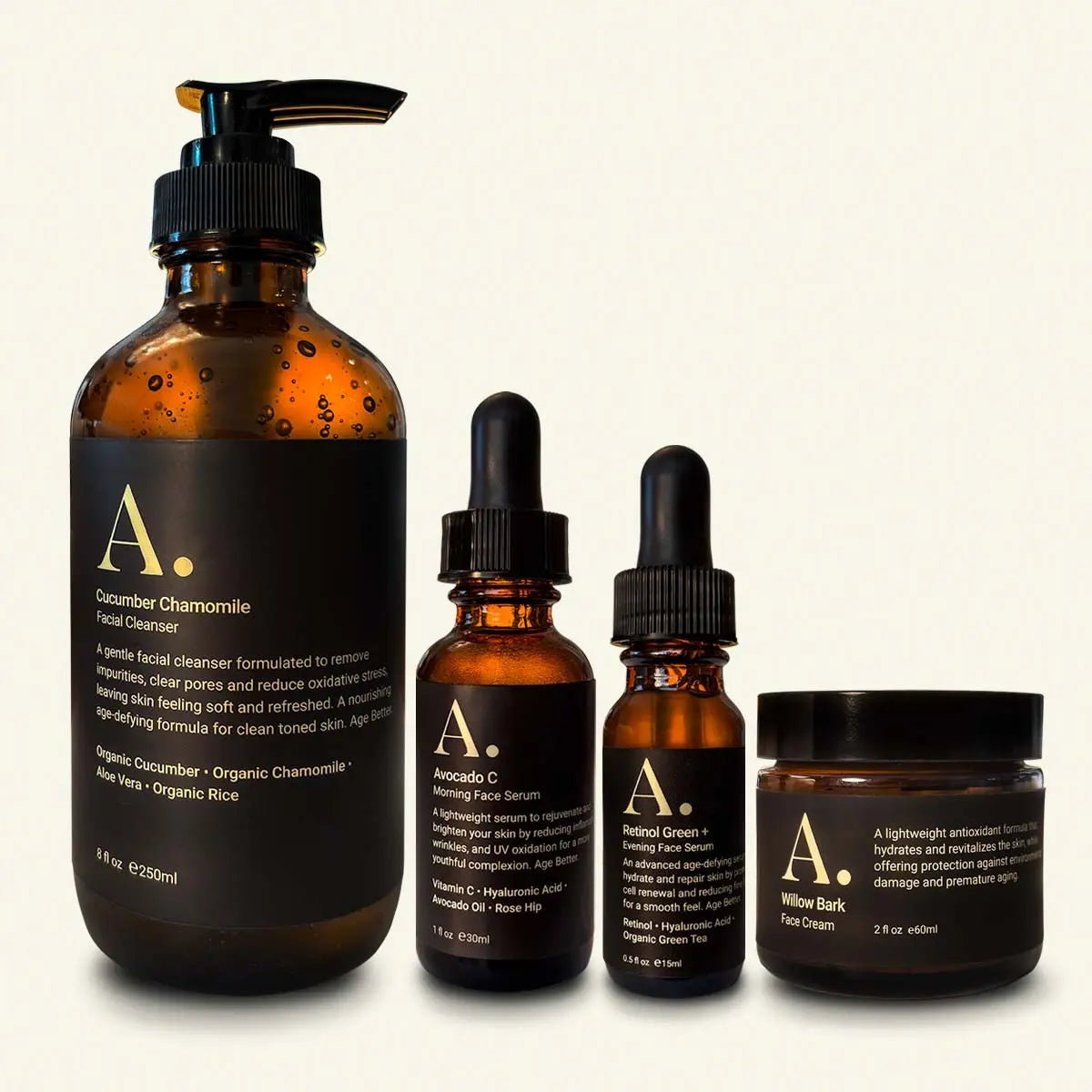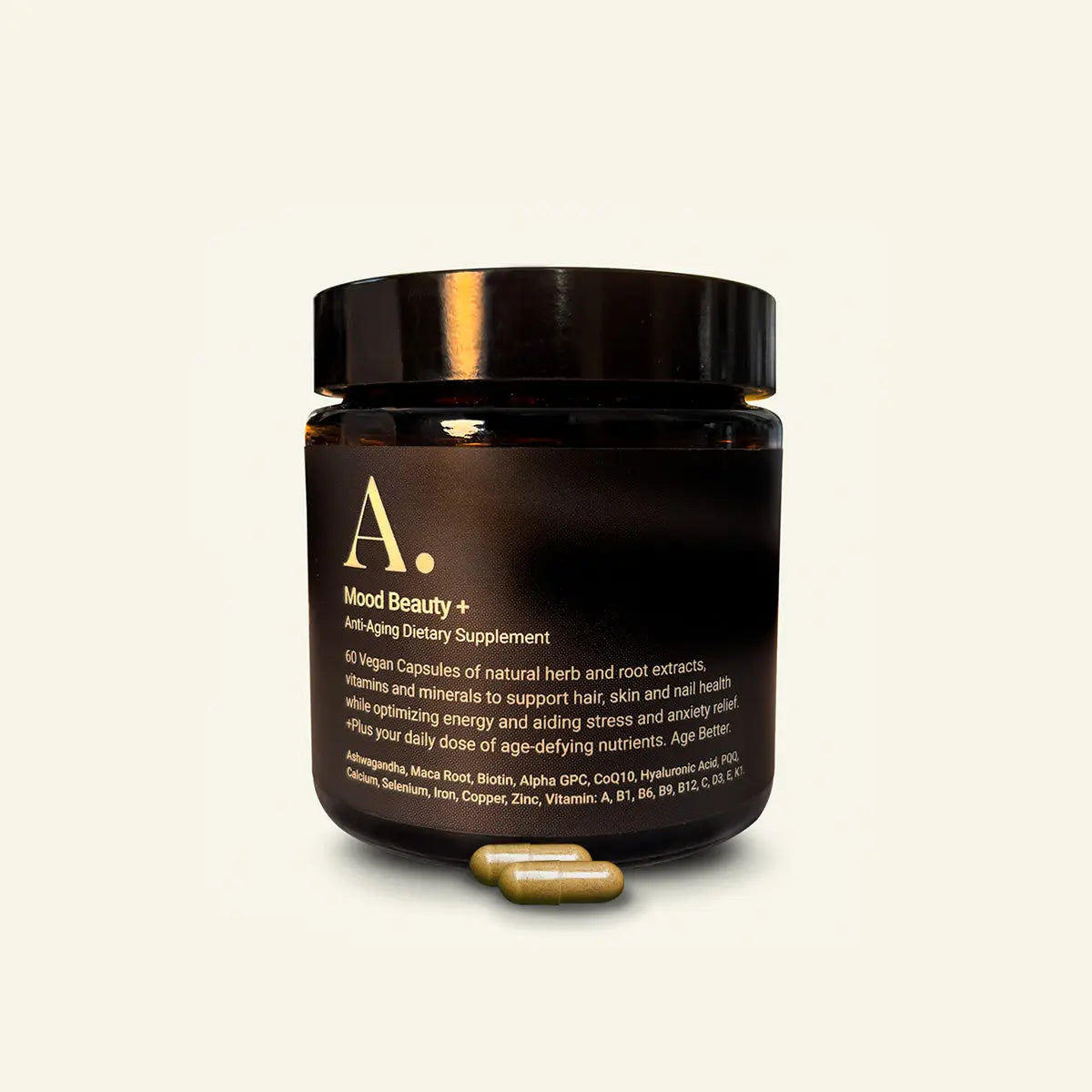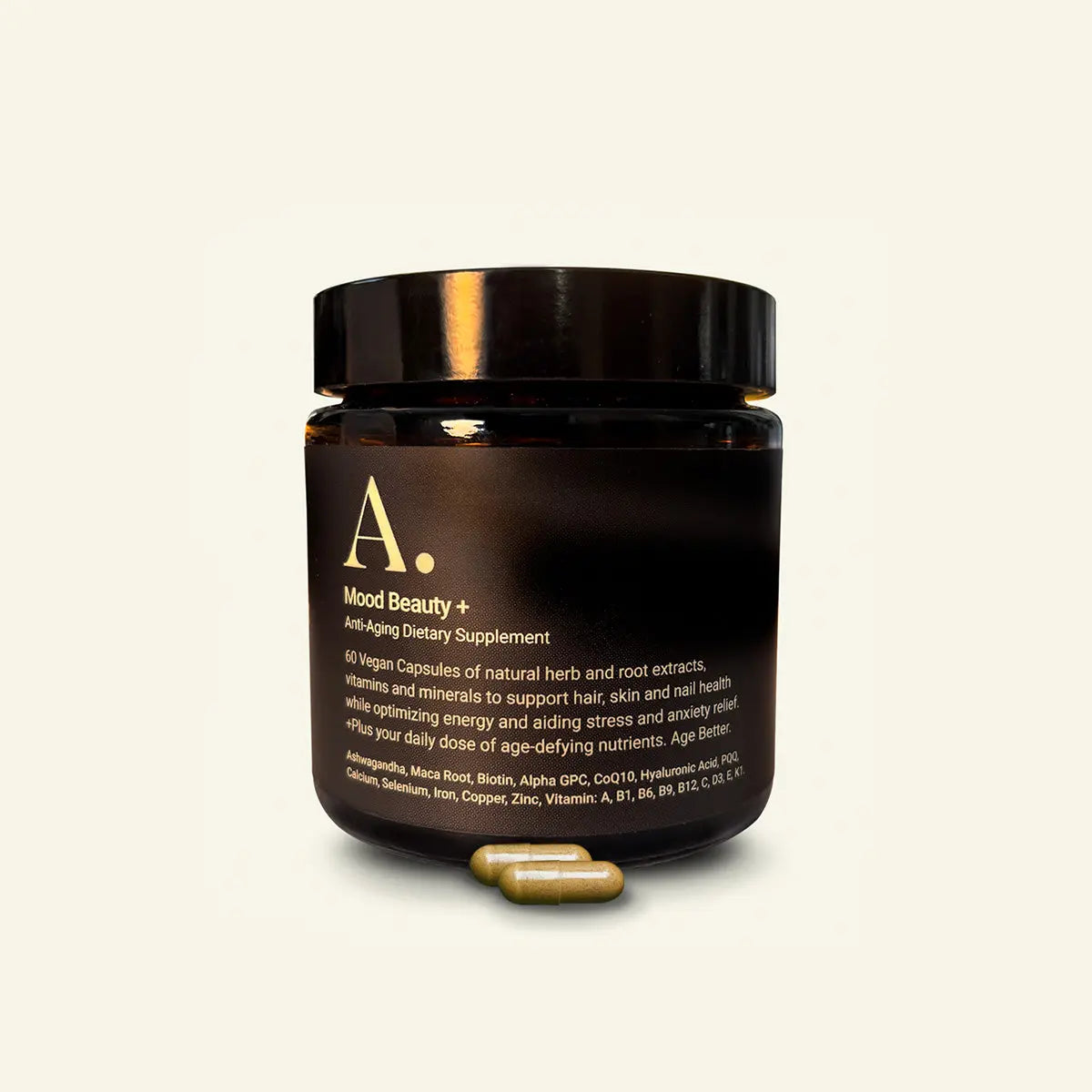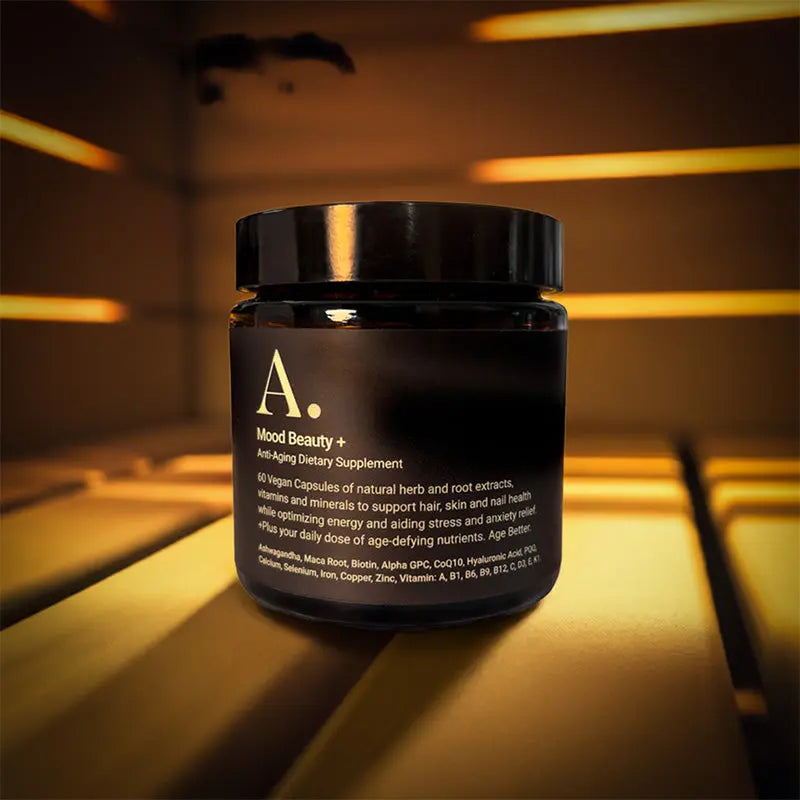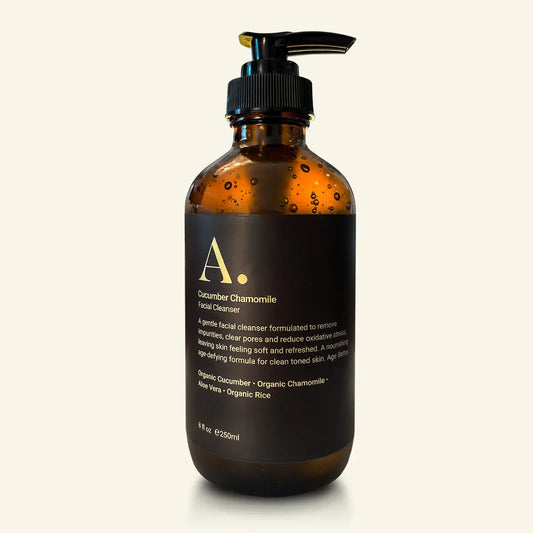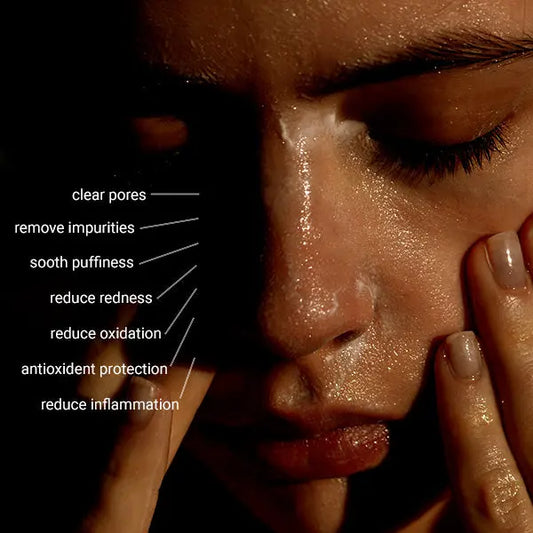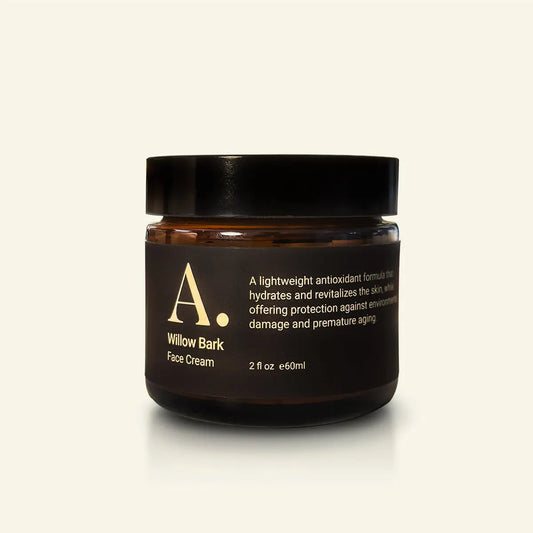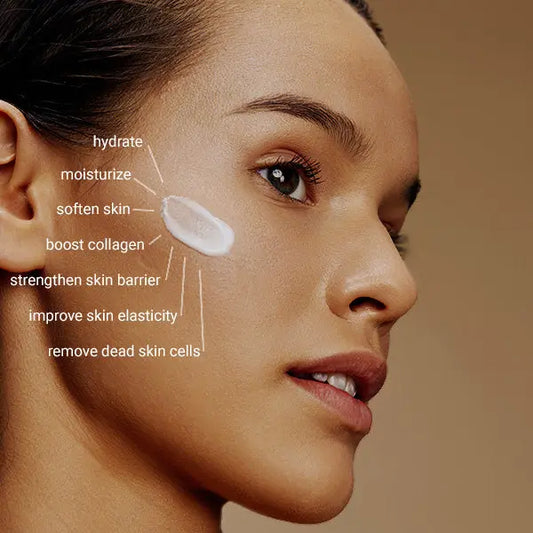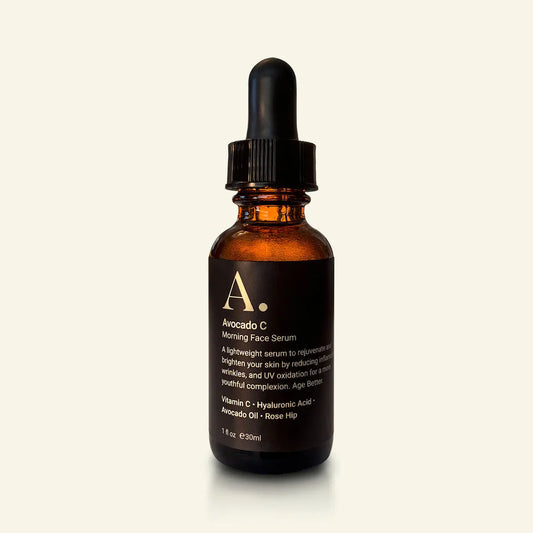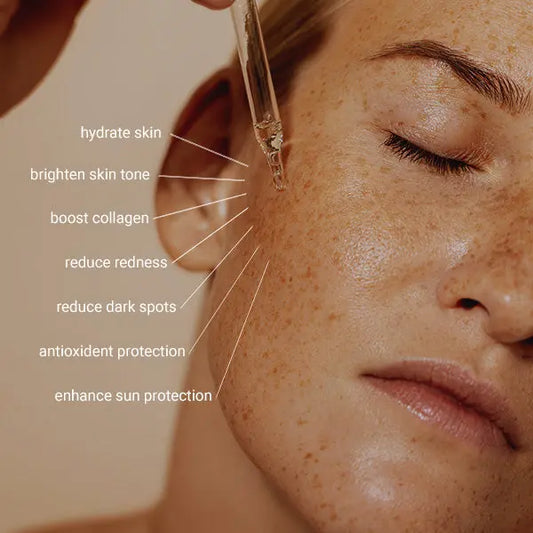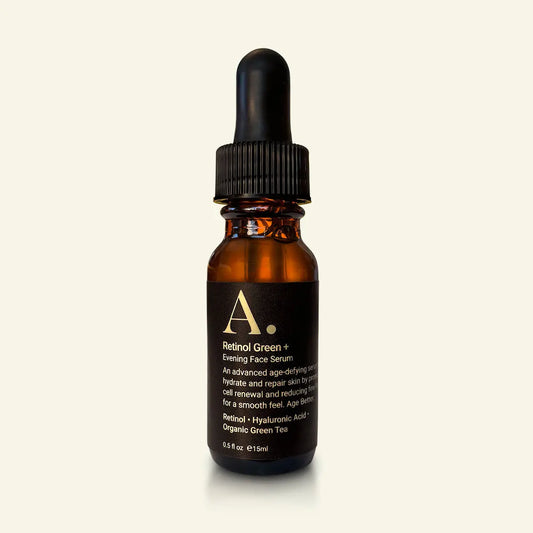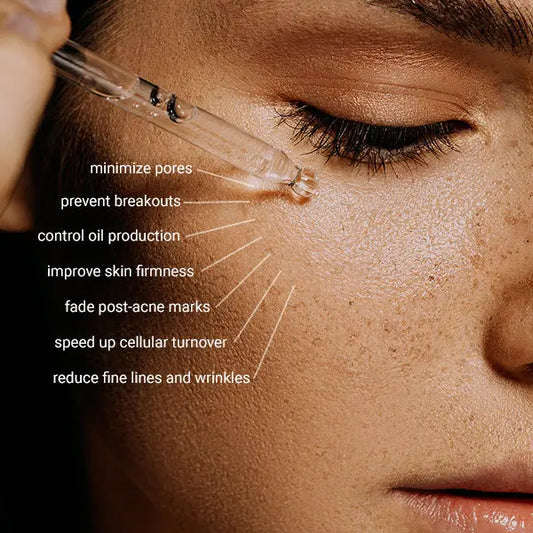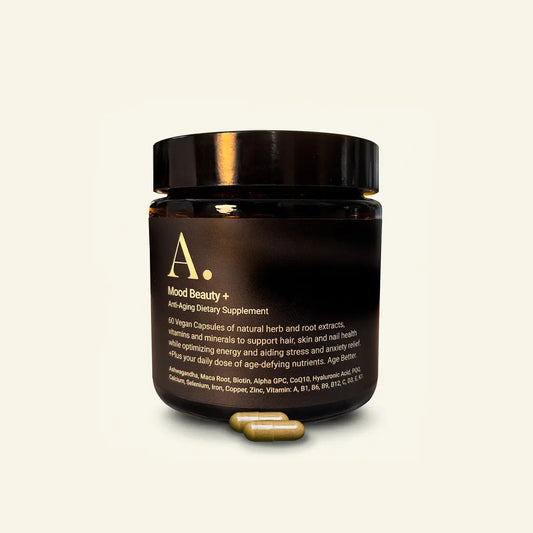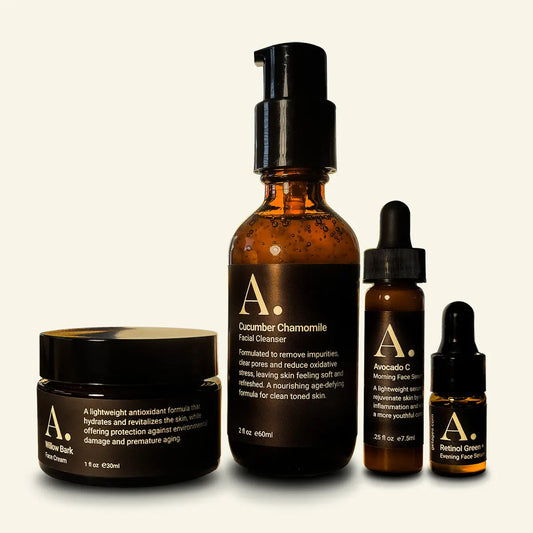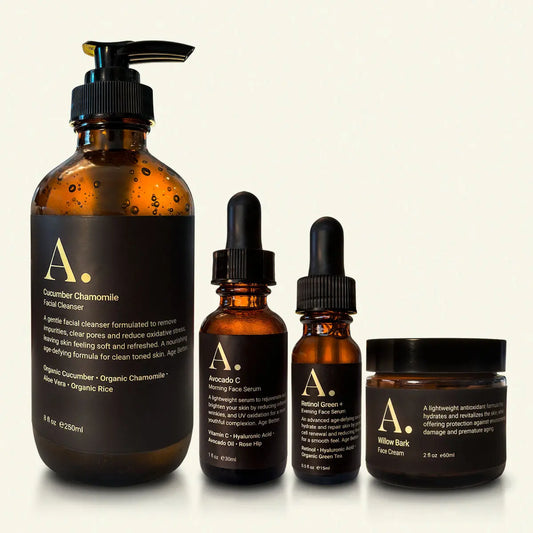
The Benefits of Vitamin D3
Share
The Benefits of Vitamin D3
We keep hearing more and more about how important a healthy dose of vitamin D3 is. Well, here's what you need to know.
What Are the Benefits of Vitamin D?
Vitamin D is a nutrient found in some foods that is needed for health and to maintain strong bones. It does so by helping the body absorb calcium (one of bone’s main building blocks) from food and supplements. People who get too little Vitamin D may develop soft, thin, and brittle bones, a condition known as rickets in children and osteomalacia in adults.
Vitamin D is important to the body in many other ways as well. Muscles need it to move, for example, nerves need it to carry messages between the brain and every body part, and the immune system needs Vitamin D to fight off invading bacteria and viruses. Together with calcium, Vitamin D also helps protect older adults from osteoporosis. Vitamin D is found in cells throughout the body.
Can I Get Vitamin D From the Sun?
The body makes Vitamin D when skin is directly exposed to the sun, and most people meet at least some of their Vitamin D needs this way. Skin exposed to sunshine indoors through a window will not produce Vitamin D. Cloudy days, shade, and having dark-colored skin also cut down on the amount of Vitamin D the skin makes.
People who avoid the sun or who cover their bodies with sunscreen or clothing should include good sources of Vitamin D in their diets or take a supplement. Recommended intakes of Vitamin D are set on the assumption of little sun exposure.
What Foods Provide Vitamin D?
Very few foods naturally have Vitamin D. Fortified foods provide most of the Vitamin D in American diets.
- Fatty fish such as salmon, tuna, and mackerel are among the best sources.
- Beef liver, cheese, and egg yolks provide small amounts.
- Mushrooms provide some Vitamin D. In some mushrooms that are newly available in stores, the Vitamin D content is being boosted by exposing these mushrooms to ultraviolet light.
- Almost all of the U.S. milk supply is fortified with 400 IU of Vitamin D per quart, and so are many of the plant-based alternatives such as soy milk, almond milk, and oat milk. But foods made from milk, like cheese and ice cream, are usually not fortified.
- Vitamin D is added to many breakfast cereals and to some brands of orange juice, yogurt, margarine, and soy beverages; check the labels.
Ages Mood Beauty+ has 200% of your daily value of Vitamin D3.
